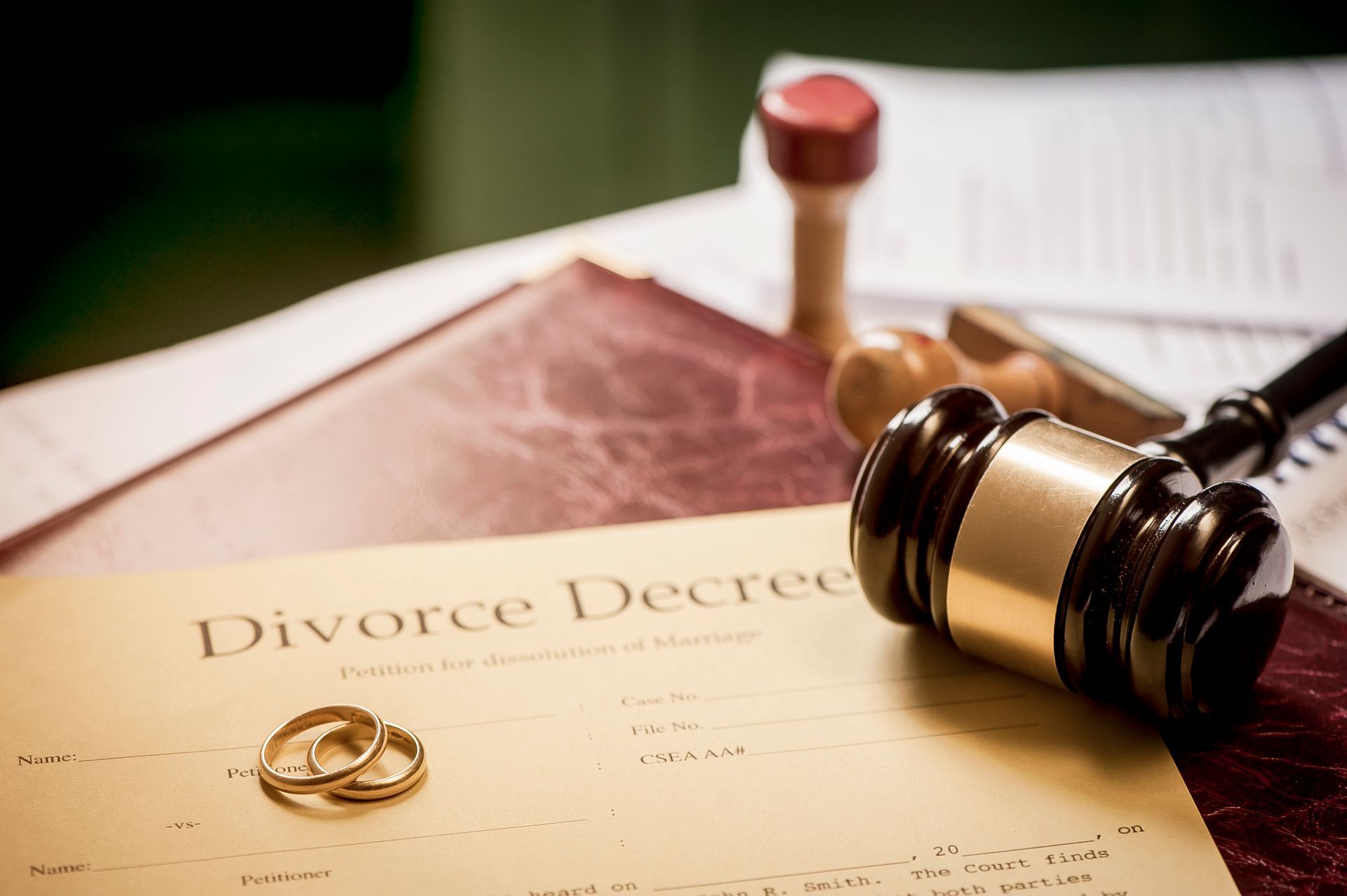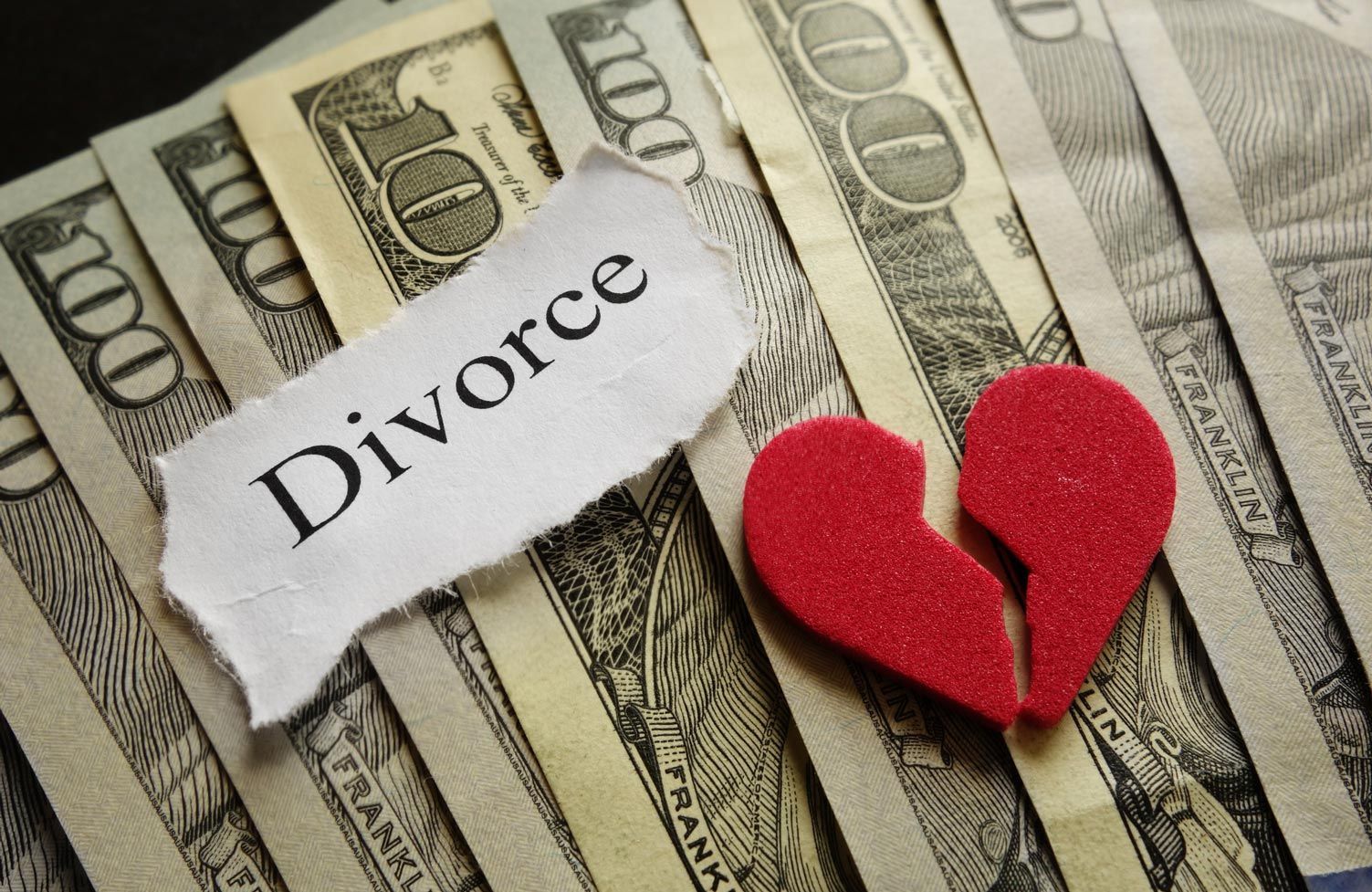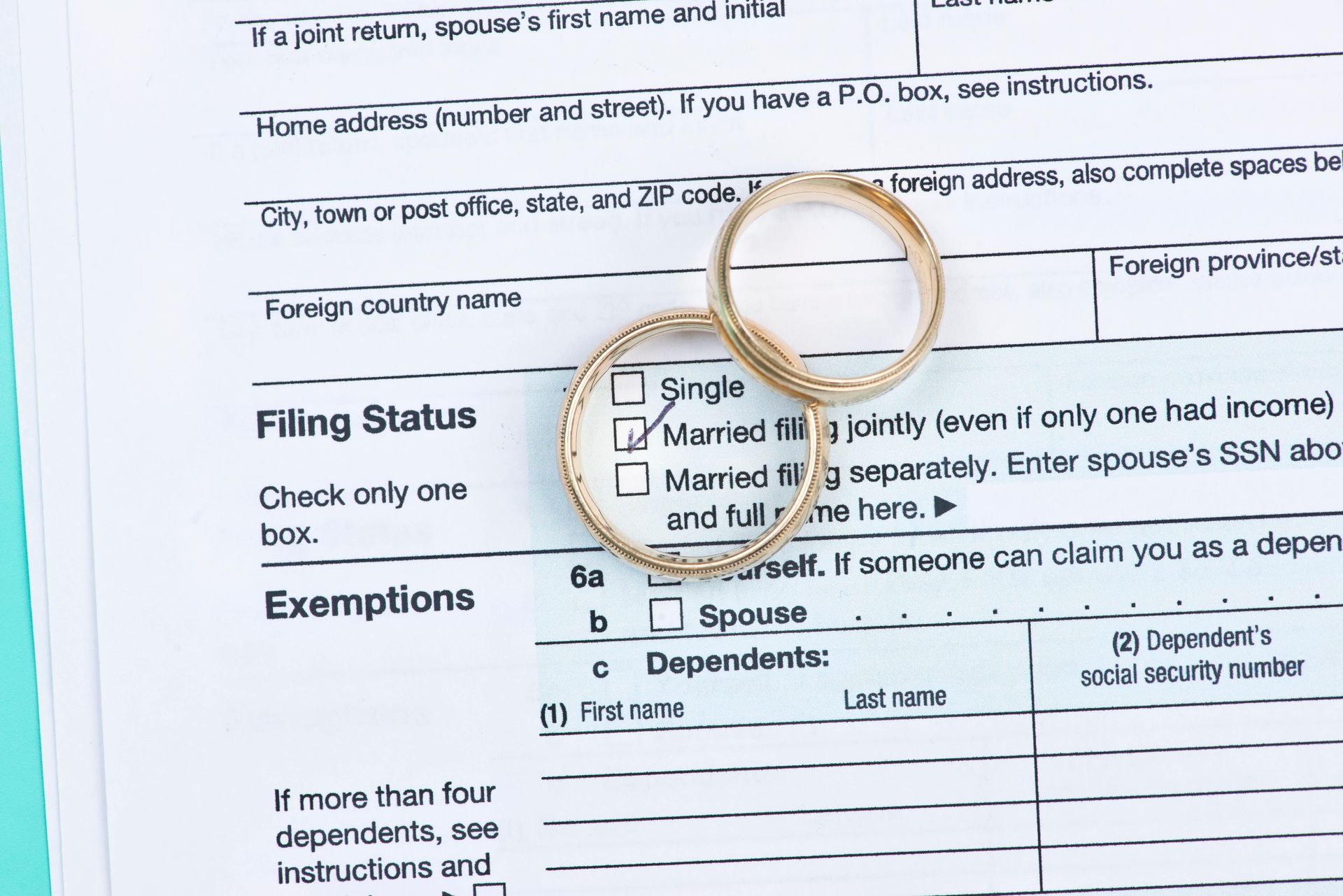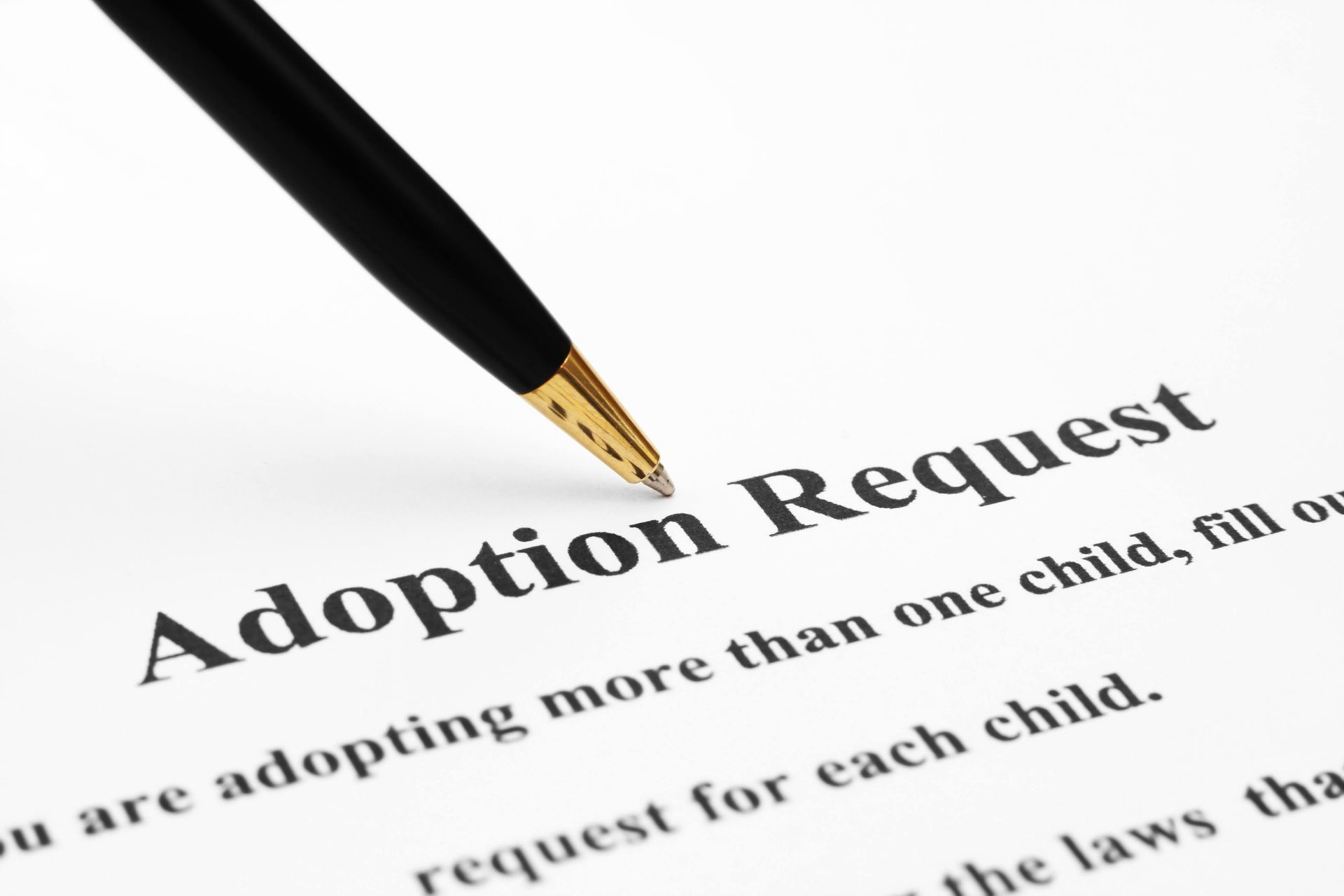Reasons and Processes for Changing Names in New York State
No one can stop you from using any name you like. However, you must go through a few legal processes for the government to recognize your new name. Below are reasons and ways of changing your name in New York State.
Why You Might Change Your Name
People have different reasons for changing names. The government has no problem with your name change if you have a legitimate reason. The court might reject your application if you base it on frivolous or fraudulent reasons. Below are some legitimate reasons courts grand name changes.
- Marital status change: You may want to change your name after getting married or divorced. This form of name change usually only involves the last name.
- Gender change: Some people do not want to keep their former names after switching genders or becoming gender-neutral. Others want more feminine or masculine names after switching genders.
- Family and honor: Those who associate names with family bonds or relationships may change their names to take the adoptive or stepfamily name. Others change their names to honor their newly discovered lineage or ancestors.
- Cultural adoption: You may also want to change your name to adopt a new culture. For example, a new citizen may want to Anglicize their name to sound more American.
These are just a few cases that trigger name changes. However, people have numerous legitimate reasons for changing their names. Whatever your reason is, ensure you change your name via the right legal processes.
How to Change Your Name
The process of changing your name depends on many factors. Your reason for changing the name, age, and birth location all matter. Below are two main ways to change your name for different circumstances.
1. Apply for a Name Change
In many cases, you need to petition the court to change your name legally. Get the relevant forms and fill them in front of a Notary Public. The Notary Public is an impartial government official who witnesses important document signings.
File the forms, proof of birth, and filing fee with the court. Usually, the birth certificate of the person changing their name is enough proof of birth. Ask the court for the specific or additional documents you may need for the application.
For example, you may need other documents, such as bankruptcy papers, the reason for the name change, and lawsuit documents if you have court cases against you. The necessary documents depend on your circumstances. The court may arrange a hearing to deliberate and rule on your application if you provide everything.
2. Drop or Add Your Name on Relevant Documents
There are cases where you do not have to go to court to change your name. In such cases, you must add or drop your name on the relevant documents. Below are examples of such cases:
- Marital status change: To change your middle or last name after marriage, you just need to add your new name to your marriage certificate. If you divorce, you can ask the judge to revert to the name you used before your marriage.
- Citizenship acquisition: You can adopt a new name when you acquire United States Citizenship. Ask the authorities to use your new name on your naturalization forms.
- Adoption certificate: A child can get a new name upon adoption per the new parents' wishes. As an adoptive parent, ask the judge to put the child's new name in the adoption order.
Some of these name-change processes have limitations. For example, you cannot change your first name during a divorce or marriage.
Contact John D Wieser Esq to help you change your name. We can also help you with other family law issues. You can rely on our decades of experience to provide the best possible case outcome.









